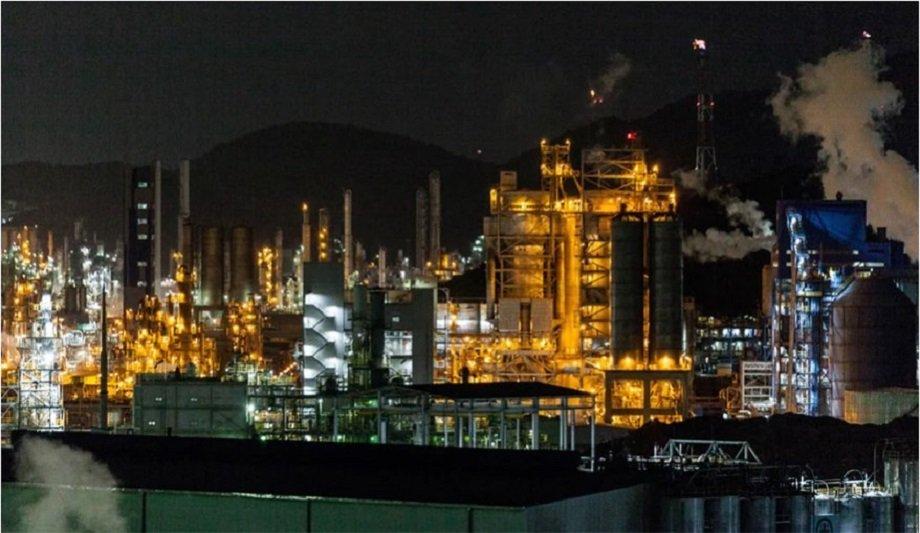Early businesses operated on the simplistic theory of demand and supply. High demand meant increased production and low demand meant reduced production. As trade grew complex, businesses started focusing on other crucial details like storage costs and proximity to markets. These helped them in devising advanced inventory solutions and efficient supply chain planning methodologies.
Maersk's customer, a polymer producer, and distributor (based out of the Middle East), was struggling with both, especially their order-to-delivery lead times.
The challenge
The customer’s biggest obstacle was distance. Their production facility was based out of the Middle East, but markets of interest were scattered across the globe. For businesses dealing in a commodity chemical’, distance means long order-to-delivery lead times and missed opportunities for sale.
Due to a long supply chain and multiple handovers at the origin, unreliable lead times were affecting their business
Manufacturers closer to the region of the sale were at an advantage. They were able to deliver the orders much faster. Having said that, long lead times were not the only challenge. Due to a long supply chain and multiple handovers at the origin, unreliable lead times were also affecting their business.
All in all, the following three challenges stood out the most:
- Long and unreliable order-to-delivery lead times.
- Unsteady inventory levels.
- Challenges around supply chain planning and forecasting.
The solution
Maersk proposed a multi-carrier hub-in-transit arrangement. In this specific case, it had significant advantages over warehousing and offered three clear benefits. The first one cost. A hub-in-transit facility stores inventory for short cycles and eliminates costs like import and export fees, and trucking and handling charges for moving pallets in and out of the storage.
Secondly, it would have reduced order-to-delivery lead times due to greater proximity to the markets. Lastly, Maersk’s hub-in-transit offering included many other benefits like visibility, document management, first-in-first-out (FIFO) allocation, and onward booking to carriers.
Hub-in-transit solution
Both hubs were critical due to their central locations, cost-efficient facilities, and network connectivity
So, in 2013, Maersk set up the first hub-in-transit solution for its customer at Jebel Ali (Dubai). It was one of the best-connected ports in the world and offered easy access to the markets in the Indian subcontinent as well as Turkey and Africa.
Following the success of the Jebel Ali hub, in 2014, a second hub-in-transit was set up in Port Klang (Malaysia) to service the Southeast Asia and China regions. Both hubs were critical due to their central locations, cost-efficient facilities, and network connectivity across five shipping lines. And, despite being thousands of kilometres away from each other, both locations were managed centrally by the control tower team in Dubai.
The result
- 70-85% less time reservation
- 20,000 containers annually for the customer
Over the years, both hubs have achieved substantial savings for the customer. When compared directly to warehousing solutions, hub-in-transit has been 50-75% more cost-efficient. However, the most dramatic improvement can be seen in their order-to-delivery lead times. The new solution fulfils orders in 70-85% less time when compared to orders fulfilled from the origin.
As of today, the customer views Maersk as a valuable partner who understands the finer nuances of their business. This is reflected in the volumes they have entrusted Maersk with more than 20,000 containers annually. In the future, these numbers are expected to increase as it continues to work closely with them and design many more tailormade solutions.










